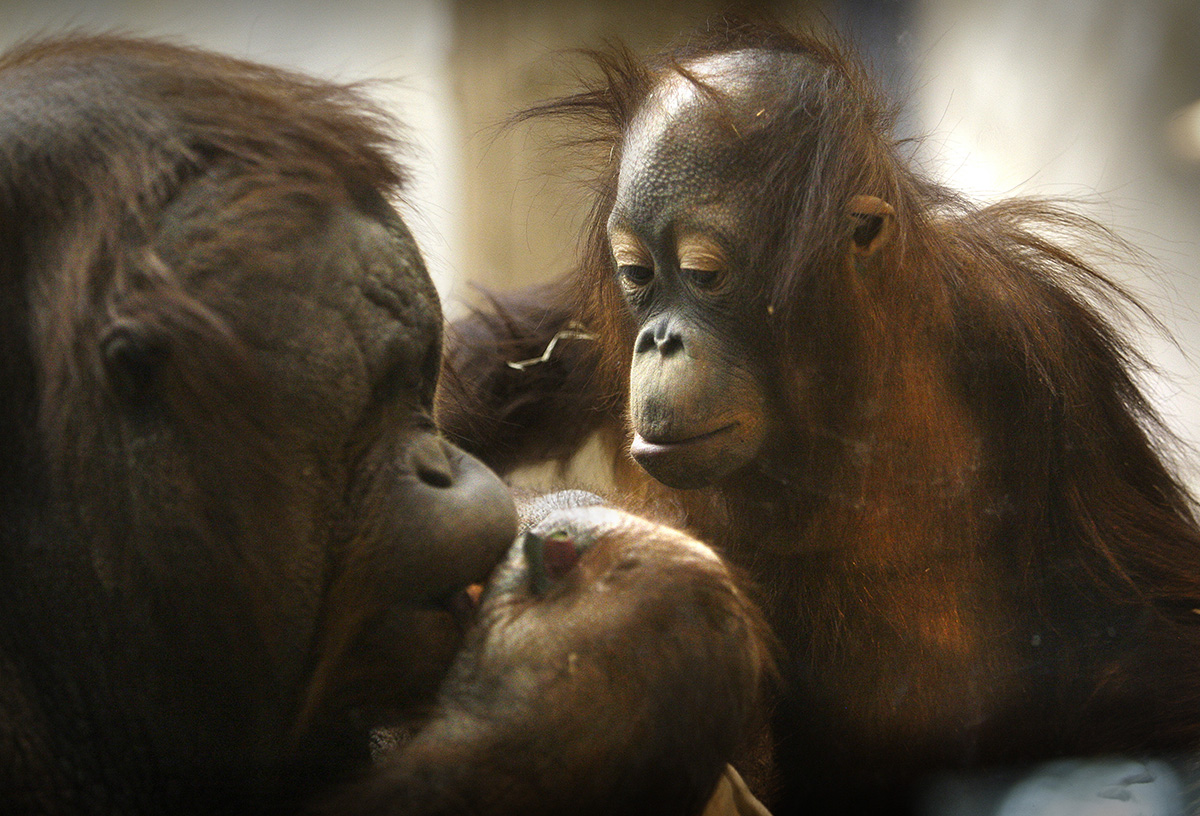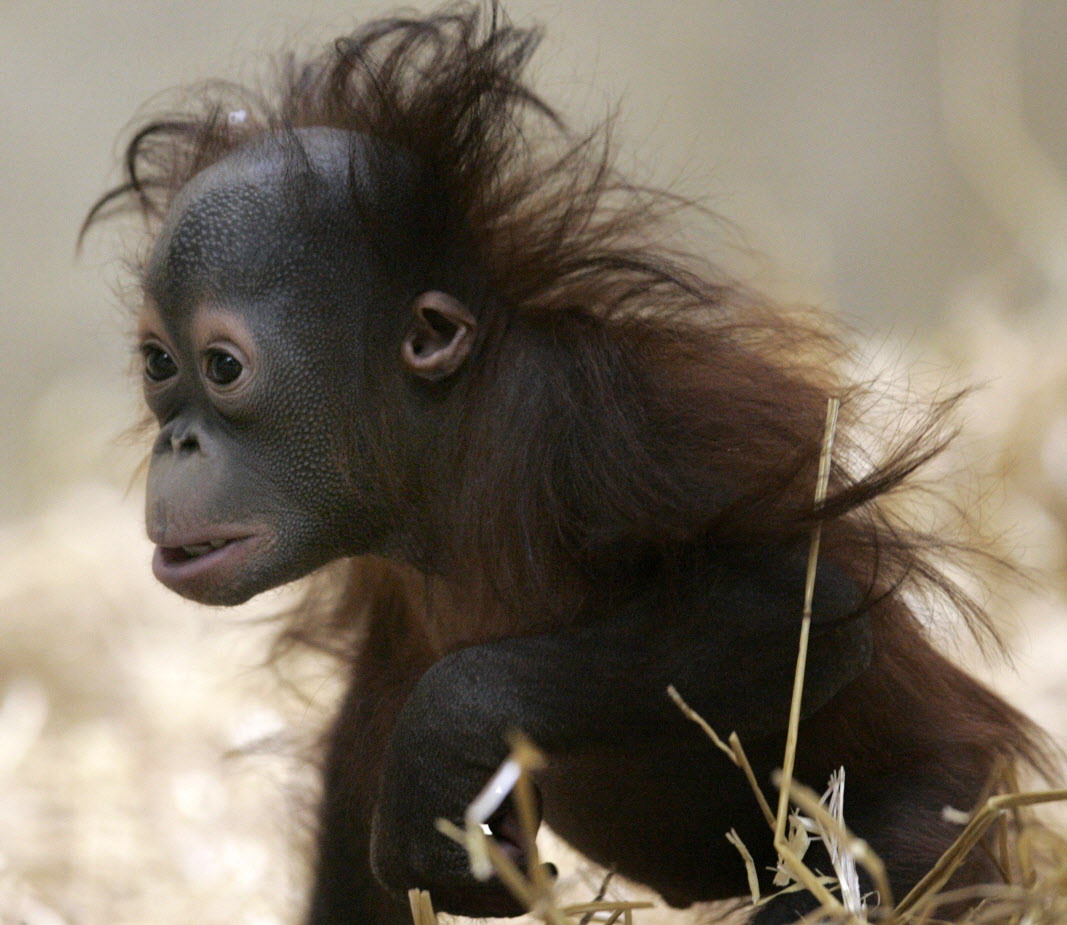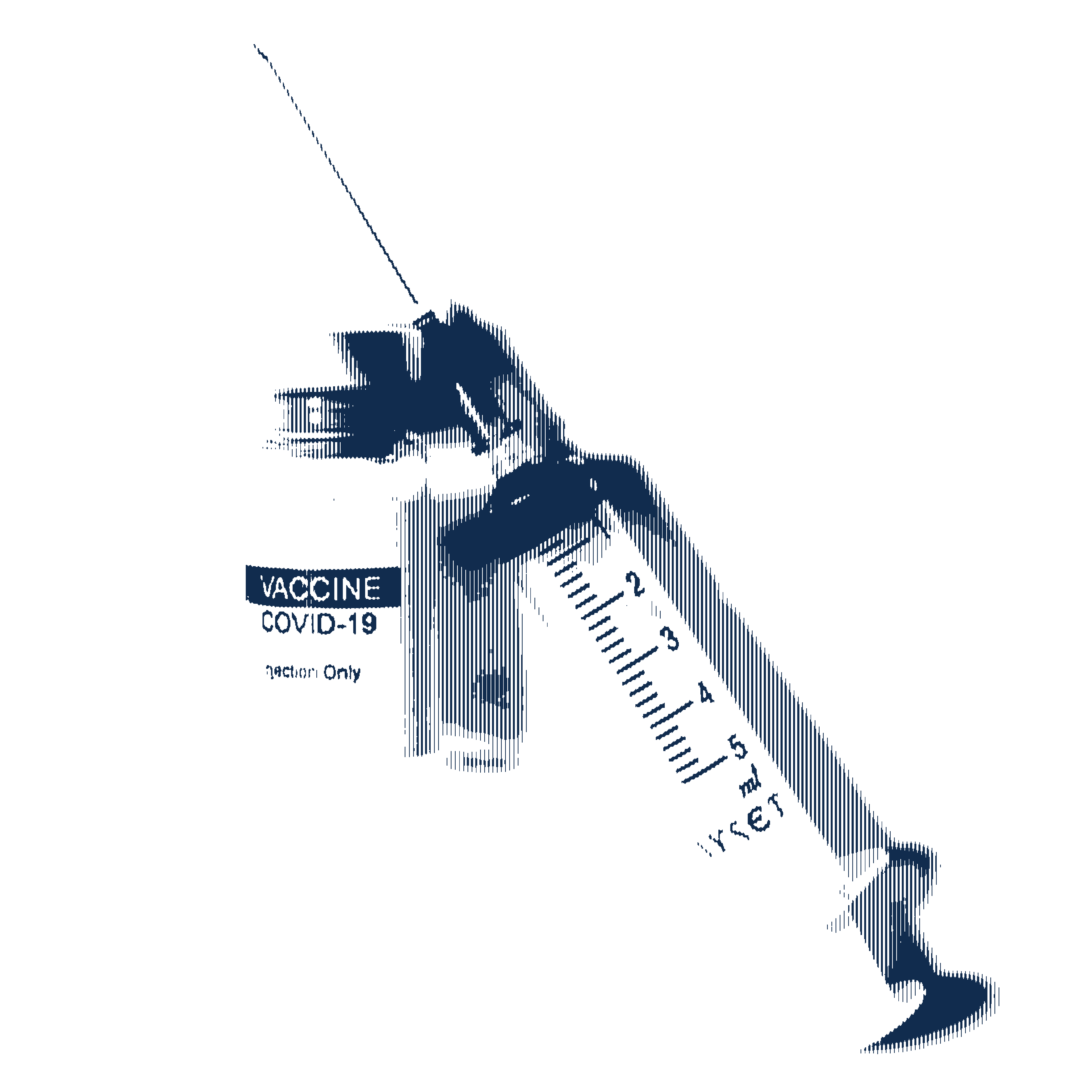
On Monday, January 22, 2018, Pulitzer Prize-winning journalist Mark Johnson speaks at The College of William & Mary about his work reporting on outbreaks, climate change, and human-animal interactions.
Johnson is on campus for the lunchtime talk as part of his two-day visit to the College that includes class visits and participation in the William & Mary Sharp Seminar, now in its seventh year and organized in partnership with the Pulitzer Center through the Campus Consortium program. Pulitzer Center multimedia producer Jordan Roth joins Johnson for the seminar workshops led by Pulitzer Center grantee journalist Stephanie Hanes.
Johnson is a health and science reporter at the Milwaukee Journal Sentinel, where he has worked since 2000. He shared the 2011 Pulitzer Prize for explanatory reporting with four other journalists at the Journal Sentinel for their reporting on gene sequencing. He has been a Pulitzer finalist three other times, and is the co-author of "One in a Billion: The Story of Nic Volker and the Dawn of Genomic Medicine."
Johnson received support from the Pulitzer Center for two reporting projects, most recently "Outbreak: How Humans Are Driving the Rise of Diseases," which examines the consequences of our increasingly close contact with animal species. Increased proximity has resulted in a massive increase of zoonotic diseases—sickness that spreads from animals to humans. "Think diseases such as Zika, Ebola, SARS, and rabies," writes Johnson, "each year, zoonotic diseases account for 2.5 billion cases of human illness and about 2.7 million deaths."





